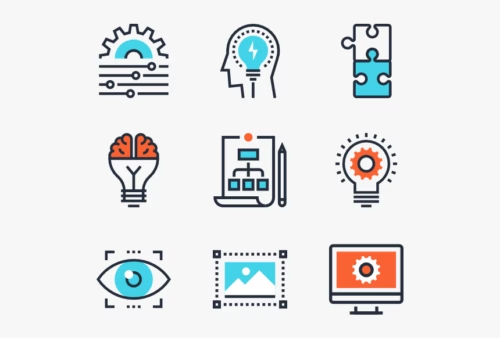Hiring a full team composed of front-end developers, back-end developers, QA, managers, and senior tech talent can cost anywhere from $25,000 to $150,000+ per month, depending on scope and expertise. A small agile team with junior developers might sit at the lower end, while a larger group with senior developers and data scientists will sit higher.
Costs also shift based on region, technology stack, and whether you’re hiring remote developers or building locally. You’re not just paying for code; you’re investing in proven track record, technical expertise, problem-solving, and an understanding of your business needs.
When you skip the freelance route and go for a team, you get structure, accountability, and consistent progress. The right software developers team brings a competitive edge, reducing risk and cutting long-term costs tied to rework or technical debt.










